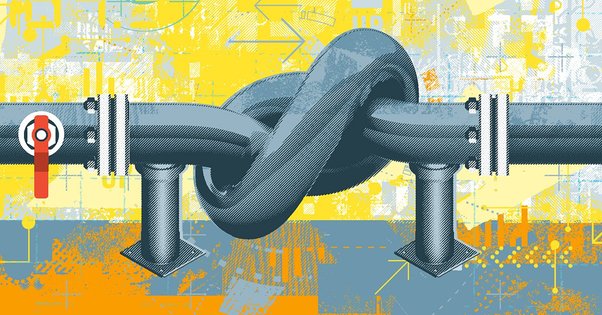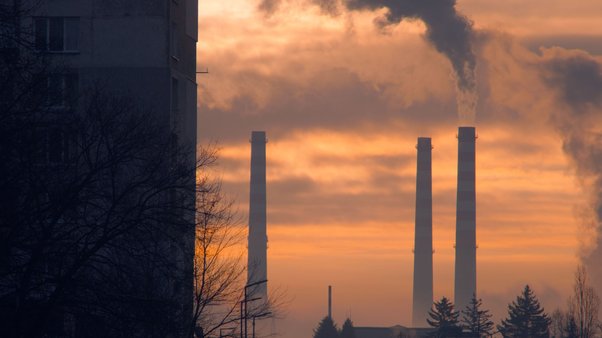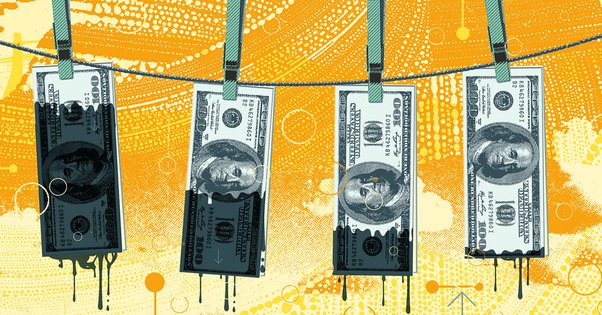As Nicolás Maduro prepares to take power again after highly contested elections, we explain how US oil giant Chevron provides a financial lifeline to Venezuela’s authoritarian regime.
“We’re a commercial player, not a political player,” Chevron Chief Executive Mike Wirth told his investors on the company’s Q2 2024 earnings call. According to Wirth, Chevron, which reportedly spent $6.67 million lobbying the US government in 2024, is disinterested in global politics.
But the US oil giant’s operations have political consequences, especially in Venezuela where Chevron provides a financial lifeline to the repressive authoritarian regime of Nicolás Maduro.
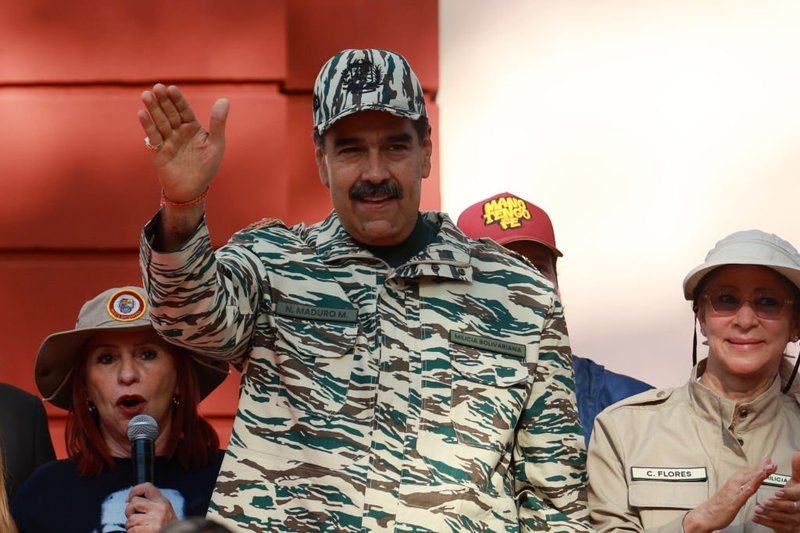
Nicolás Maduro, President of Venezuela, who is due to be inaugurated for his third term on 10 January. Stringer / Getty Images
This is a feature of the fossil fuel industry’s business model. From Putin’s Russia to Aliyev’s Azerbaijan, fossil fuel extraction provides dictators with the power and funds to foster violence and repression across the globe. In Venezuela, Chevron’s operations reinforce that model.
On 10 January, Maduro will be inaugurated for his third term in office following an undemocratic election which was marred by lack of transparency and harsh repression of opposition.
After Maduro declared victory without providing evidence of credible election results, thousands of Venezuelans took to the streets in protest. The authorities brutally cracked down on demonstrators, and many government critics were detained or killed in the ensuing violence.
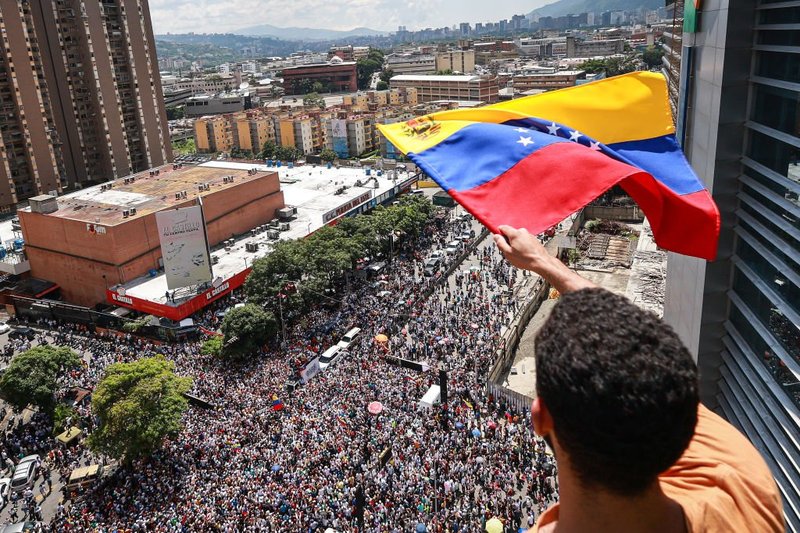
Protesters and opponents of Maduro were detained, or even killed, after taking to the streets to demonstrate against the incumbent President claiming electoral victory. Jesus Vargas / Stringer via Getty Images
Never mind the oil sanctions: Chevron’s return to Venezuela
Venezuela has been here before. In 2018 Maduro claimed to have won his second term in another highly contested election.
In response to related human rights abuses, extrajudicial killings, and corruption by the dictatorial regime, the US imposed sweeping sanctions targeting the nation’s most important industry: oil.
Venezuela has the world’s largest proven oil reserves. The petrostate is highly dependent on oil exports which financed an estimated 58% of the government’s budget in 2024.
For years US sanctions prevented Chevron from pumping oil in Venezuela, but a persistent campaign to reopen operations there, including by Chief Executive Mike Wirth, combined with shifting geopolitical priorities, recently reversed their fortunes.
When Russia launched its war on Ukraine, Chevron’s intense lobbying appeared to pay off. The US government, fearful of disrupting global oil supplies, traded one oil-rich dictator for another. It sanctioned Russian oil while granting Chevron a special license to return to Venezuela, where the company resumed pumping oil through a joint venture with the state-owned oil company Petróleos de Venezuela SA.
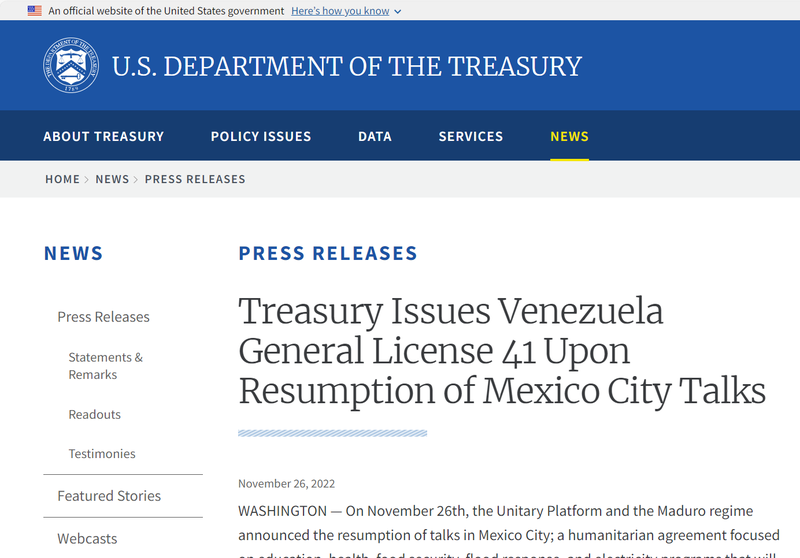
Screenshot of the US Department of the Treasury’s press release announcing the granting of Chevron’s license to pump oil in Venezuela. US Department of the Treasury
On the Q2 call two years later, when asked about the upcoming Presidential election, Wirth assured investors “we remain apolitical in Venezuela and in other countries.”
Although the US government’s special license supposedly hinged on progress towards free and fair elections, it has not been revoked in the wake of the most recent election.
Venezuela’s dictator, sponsored by oil
Despite Wirth’s apparent attempts to rise above the political fray, a quick look at the numbers shows Chevron’s centrality to the Venezuelan government’s bottom line.
An expert estimates that the joint venture through which Chevron operates in Venezuela generates almost one-third of the government’s total oil income – providing much-needed financial support to Maduro’s violent dictatorship.
Moreover, lack of transparency and endemic corruption within Venezuela’s oil sector means it’s difficult to account for just how much oil money Maduro’s government is capturing and how it is being spent.
All of this is bad enough, but oil production in Venezuela has caused enormous damage to the natural environment. Over the last two decades repeated oil spills, especially in coastal areas, have devastated local marine biodiversity and created hazardous conditions for fishermen who haul in catches soaked in oil.
In 2023, Venezuela also ranked in the top five countries worldwide in the hazardous practice of gas-flaring which releases dangerous pollution into the atmosphere.
Chevron’s operations in Venezuela illustrate a broader theme: that fossil fuels are inherently destructive. Their extraction can harm surrounding communities, their sale funds the coffers of repressive regimes, and their combustion is the primary driver behind the devastating impacts of the climate crisis.
Our addiction to fossil fuels leads governments to abandon their principles, prioritizing oil and gas over human rights and democratic norms.
Chevron’s role in propping up Maduro’s regime in pursuit of oil profits illustrates why we urgently need to leave fossil fuels in the ground: to stop putting money in the pockets of oil dictators, and to end climate breakdown.
Read this page in
